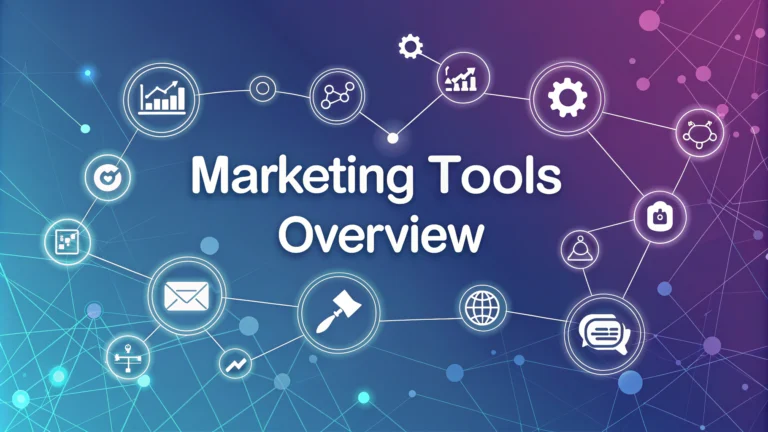Website promotion isn’t just about creating great content—it’s about strategically amplifying your online presence. Every successful website requires a robust toolkit of marketing strategies that can transform obscure web pages into powerful digital assets. Whether you’re a startup entrepreneur or an established brand, understanding the right promotional techniques can make the difference between online invisibility and remarkable digital success.
1. Search Engine Optimization (SEO) Fundamentals
SEO remains the cornerstone of effective website promotion. Modern search engines prioritize websites that offer exceptional user experience, relevant content, and technical optimization. Implementing strategic SEO practices can dramatically increase your website’s visibility and organic traffic.
Key SEO Strategies
- Keyword Research: Identify high-value, low-competition keywords relevant to your niche
- On-Page Optimization: Optimize meta titles, descriptions, headers, and content structure
- Technical SEO: Improve site speed, mobile responsiveness, and crawlability
Successful SEO requires a comprehensive approach that combines technical expertise with quality content creation. Site owners must continuously adapt to changing search engine algorithms while maintaining a user-centric perspective.
2. Content Marketing Strategies
Content marketing transforms websites from static digital brochures into dynamic engagement platforms. By producing valuable, informative, and shareable content, websites can attract and retain audience attention more effectively than traditional advertising methods.
Content Types to Consider
- Blog posts
- Infographics
- Video tutorials
- Podcasts
- Case studies
Each content type serves different audience preferences and can be strategically used to improve website engagement and search rankings.
3. Social Media Marketing Techniques
Social media platforms offer unprecedented opportunities for website promotion. By creating targeted, platform-specific content and engaging directly with audiences, websites can drive significant traffic and build brand recognition.
Effective Social Media Approaches
- Platform Selection: Choose networks where your target audience is most active
- Consistent Branding: Maintain uniform messaging and visual identity
- Engagement: Respond to comments and participate in relevant conversations
Strategic social media marketing goes beyond simple posting—it requires genuine community building and value creation.
4. Email Marketing Fundamentals
Email marketing remains one of the most direct and personalized promotional channels. By building a quality subscriber list and delivering targeted, valuable content, websites can nurture long-term audience relationships.
Email Campaign Best Practices
- Segmented subscriber lists
- Personalized content
- Compelling subject lines
- Clear call-to-action buttons
- Mobile-responsive design
Effective email marketing requires a delicate balance between promotional content and genuine value provision.

